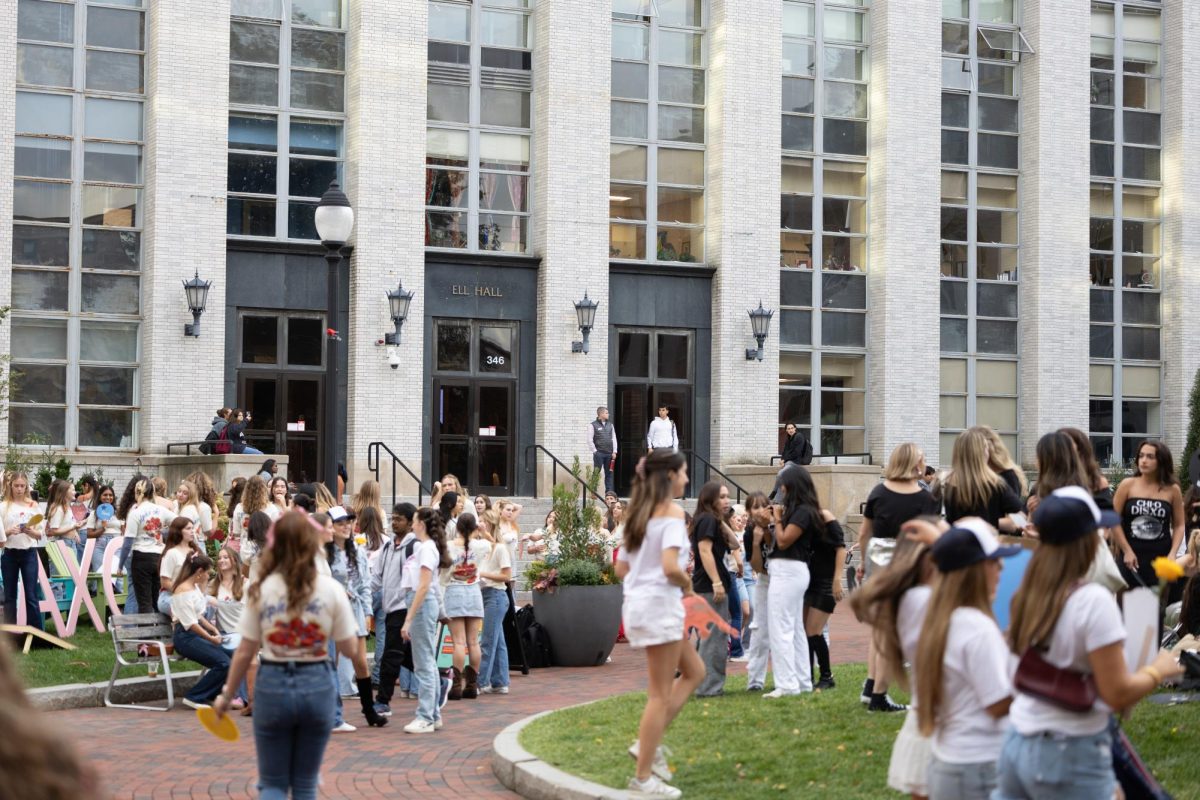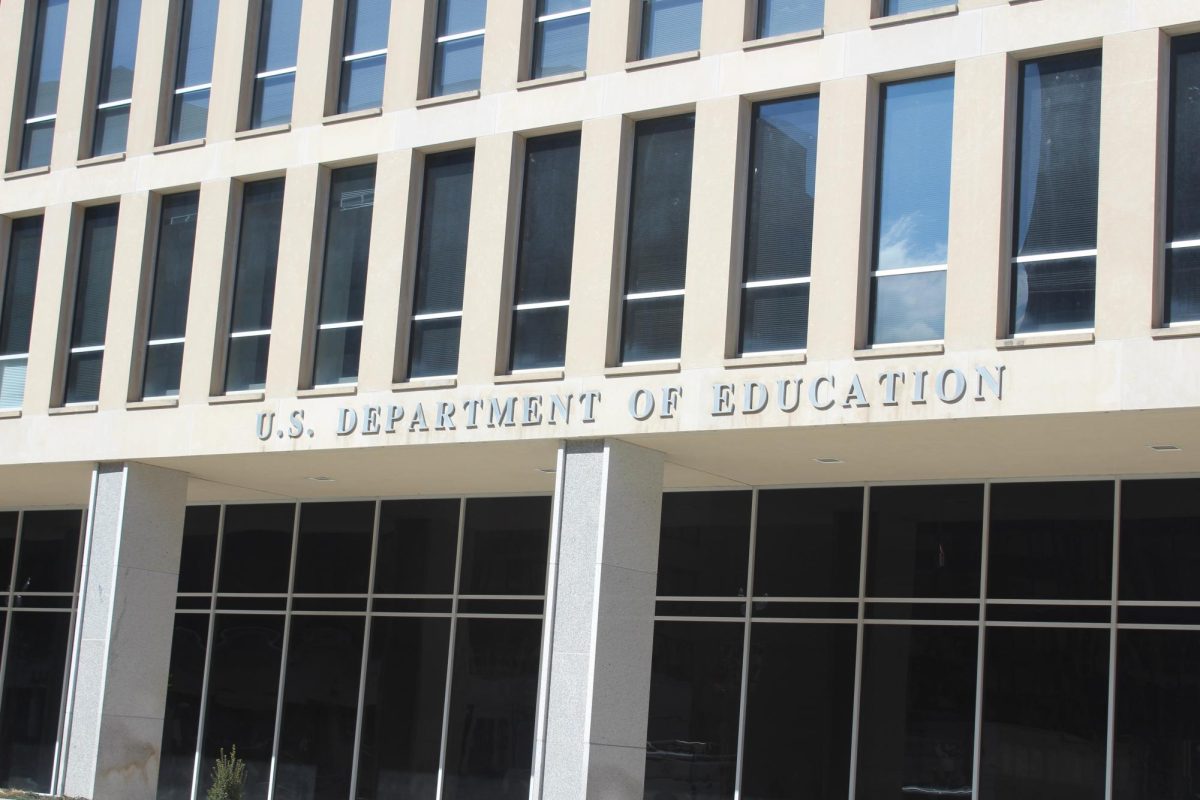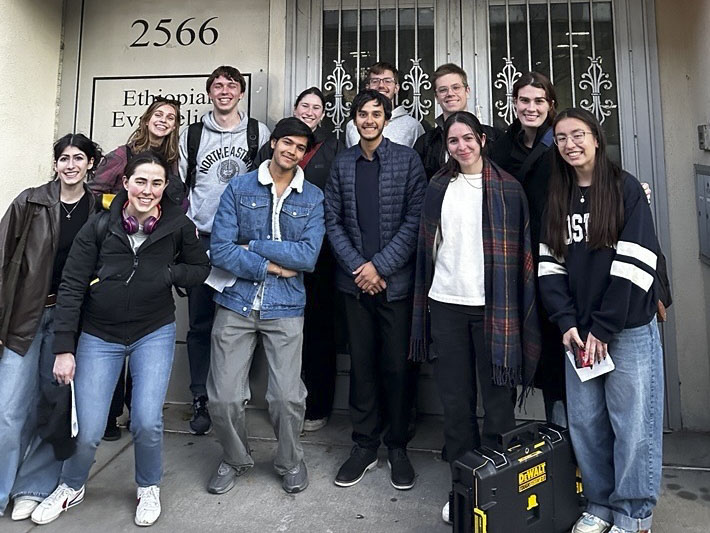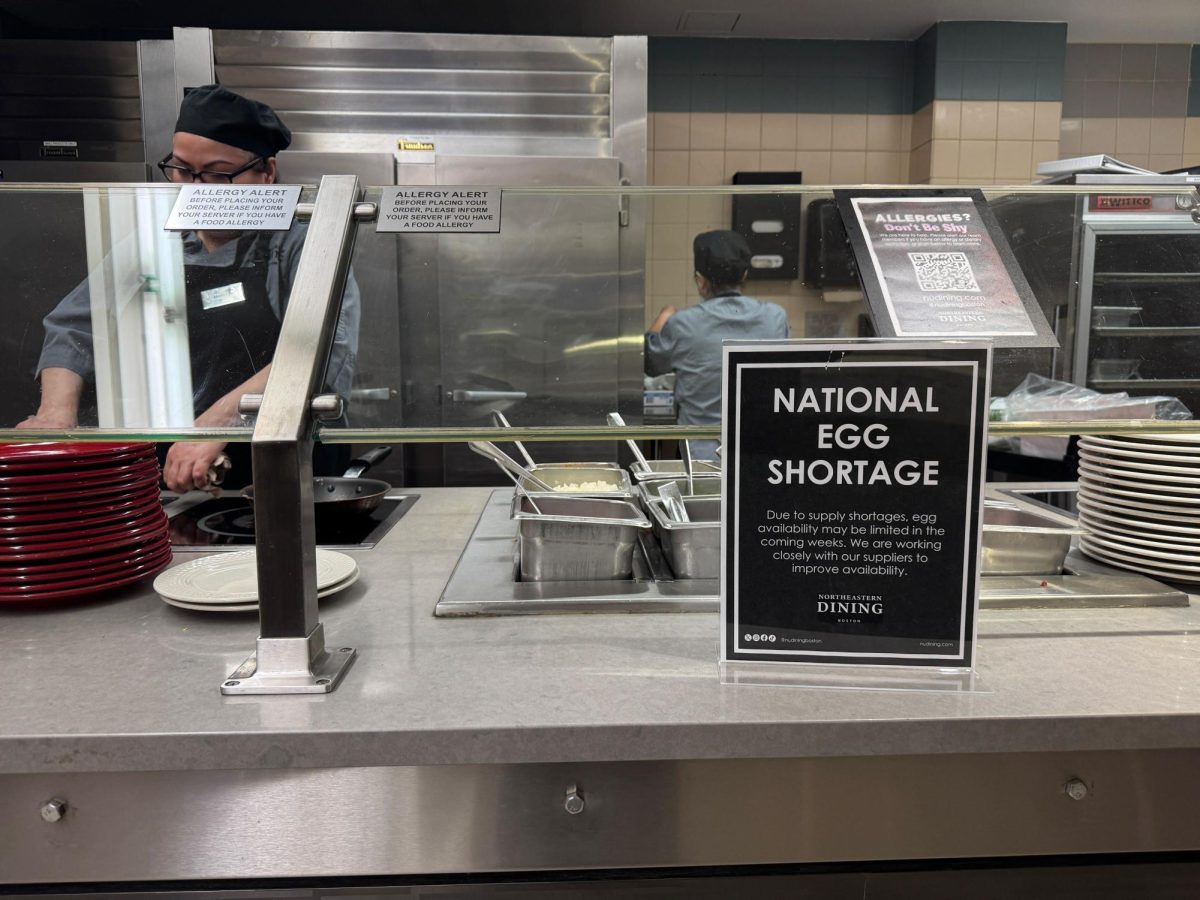When President Richard Freeland fills out his tax papers, he can write under annual income “$500,233,” — his yearly salary for serving as the university’s chief administrator and chief spokesman, with the final say on an array of everyday problems.
Freeland’s salary placed him among a growing number of university presidents with yearly paychecks rising above and beyond the half-million mark.
Freeland’s compensation is decided by Northeastern’s Board of Trustees, and he has experienced several pay hikes since he took office at Northeastern in 1996. In the past three years, his annual salary has risen more than 42 percent – up from $351,477 in 2001.
While the appropriate figure for a university president to receive is based on a number of factors, Freeland’s salary surpasses those of several local university presidents. President Lawrence Bacow of Tufts University makes $414,474 yearly, and University of Massachusetts President Jack Wilson earns $402,000.
While there is no specific criteria for calculating pay raises, the Board of Trustees does not have free reign when it comes to Freeland’s salary. As a result of mounting concern over the soaring salaries of university presidents nationwide, the Internal Revenue Service has placed restrictions on how much executive-level university officials can make.
“Salaries of university presidents are high, and as the world goes it is a well-paying job,” Freeland said. “Because of that, boards of trustees, including our own, are under a lot of scrutiny by the IRS as to how salaries are set.”
In setting salaries, the board must look at comparable salary data from institutions similiar to the one they are responsible for, keeping presidential salaries in the average range of those universities. Should a university official’s salary exceed the range established by comparable universities, there could be “potential issues” with the IRS, Freeland said.
Northeastern’s board must look at three separate categories in choosing a reasonable figure — all private universities in the northeast, private universities in the northeast with a $200 million to $500 million budget, and all Boston-area schools, including local community colleges and Ivy League instituations.
“I can tell you that, with very little exception, the general rule that our board follows is to keep our salary sort of in the middle of that of other institutions,” Freeland said.
While the president’s income is reasonable in comparison to fellow university leaders, there is still the question of whether such officials nationwide deserve salaries that, in Freeland’s case, exceed even that of the president of the United States.
Freeland himself finds compensation for university presidents to be both fair and generous, noting the exceptional amount of time and effort required by the position.
“I think the Board of Trustees knows that … when you ask someone to be president of a university you are asking them essentially to devote their life, for whatever period of time it is, to the work of that institution,” he said.
He noted that unlike many other positions in the field of education, university presidents are generally expected to work “six or seven days a week, with 15-hour days.”
Despite recent tuition hikes and increased student loan debt during the past several years, many students feel Freeland’s salary reflects the positive changes he has made to the university while in office.
“I think it’s a reasonable amount,” said Robert Hinkel, a sophomore management and marketing major. “He’s completed a 10-year plan in less than five years and successfully guided the school through semester conversion — whether people think that’s a good thing or not.”
And while some students questioned the gap between Freeland’s salary and that of their professors, Freeland said the gap in pay is actually small compared to industries full of CEO’s and day workers.
Full college professors in 2004 earned an average yearly income of $108,400, only a 23 percent increase since 2001.
“I just wish the professors were paid more,” said Megan McGregor, a senior music industry major. “After all, it’s our tuition and I’d rather more go to the people who are actually educating us.”
Before coming to Northeastern, Freeland worked for 22 years in various positions at the University of Massachusetts at Boston. At 64 years old, Freeland has no set plans to retire, but said he is sure the Board of Trustees will make him aware when it is time to step down.










